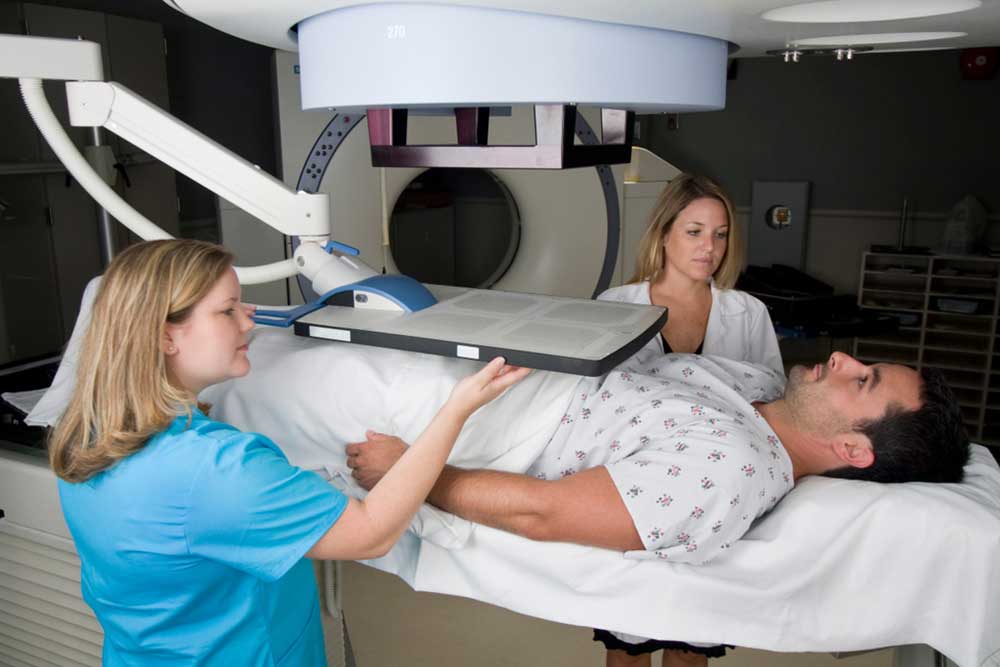Comprehensive Strategies for Managing Advanced Prostate Cancer: A Patient-Centric Approach
Discover comprehensive management strategies for advanced prostate cancer, focusing on personalized treatment options that aim to control disease progression, alleviate symptoms, and improve quality of life. Learn about hormone therapy, chemotherapy, immunotherapy, and supportive care techniques tailored for late-stage prostate cancer patients. Embrace a holistic approach that combines medical interventions with lifestyle adjustments and emotional support to navigate this challenging health condition effectively.

Comprehensive Strategies for Managing Advanced Prostate Cancer: A Patient-Centric Approach
Prostate cancer continues to be one of the most prevalent and serious health concerns affecting men globally. As the second leading cause of cancer-related deaths among men, understanding the various stages of prostate cancer and effective management techniques is vital for patients, caregivers, and healthcare providers alike. The prostate gland, a walnut-sized organ situated just below the bladder, plays a crucial role in semen production. When cancer develops within this gland, early detection significantly improves the chances of successful treatment outcomes. However, as the disease progresses beyond the prostate, treatment becomes more complex, focusing on controlling the spread, alleviating symptoms, and improving the patient’s quality of life.
The symptoms associated with advanced prostate cancer are often more severe and can include painful urination, persistent fatigue, bone pain, and fractures resulting from bone weakening caused by metastasis. Diagnosing the extent of the disease involves a combination of clinical assessments such as digital rectal exams, prostate-specific antigen (PSA) blood tests, imaging techniques including bone scans and MRI, and tissue biopsies. These procedures help determine how far the cancer has spread, guiding the choice of appropriate therapeutic strategies.
Managing advanced prostate cancer requires a multidisciplinary approach that combines various treatment modalities. Hormone therapy, also known as androgen deprivation therapy (ADT), is frequently the first line of treatment aimed at lowering testosterone levels, which fuel prostate cancer growth. While effective, hormone therapy can lead to side effects such as reduced libido, hot flashes, osteoporosis, and metabolic changes. To mitigate these effects, healthcare providers often incorporate supportive therapies and lifestyle modifications.
When hormone therapy is insufficient or no longer effective, chemotherapy becomes an essential treatment option. Chemotherapy drugs like docetaxel work by killing fast-dividing cancer cells, which can slow tumor progression and prolong survival. Patients often experience side effects such as hair loss, nausea, fatigue, and immune system suppression, necessitating careful management and supportive care. Immunotherapy is another innovative approach that leverages the body’s immune system to fight cancer cells. Drugs like Provenge (sipuleucel-T) stimulate immune responses, offering a new hope for patients with advanced disease.
Radiation therapy remains a cornerstone in managing localized tumors and metastases, especially for pain relief and control of bone metastases. Stereotactic body radiation therapy (SBRT) and external beam radiation are precise techniques aimed at shrinking tumors and reducing symptoms. In addition to these treatments, newer targeted therapies and clinical trials continue to expand options available to patients with advanced prostate cancer, reflecting ongoing research and innovation in this field.
Living with advanced prostate cancer presents significant physical, emotional, and psychological challenges. Maintaining a strong support system, including family, friends, and healthcare professionals, is essential for coping with the disease. Lifestyle modifications such as regular exercise, a balanced diet, and stress management can help improve overall well-being. Palliative care programs are also vital in managing pain, fatigue, and other symptoms, ensuring patients maintain dignity and comfort throughout their treatment journey. Empowering patients with education about disease management and encouraging active participation in treatment decisions can lead to better health outcomes and improved quality of life.





